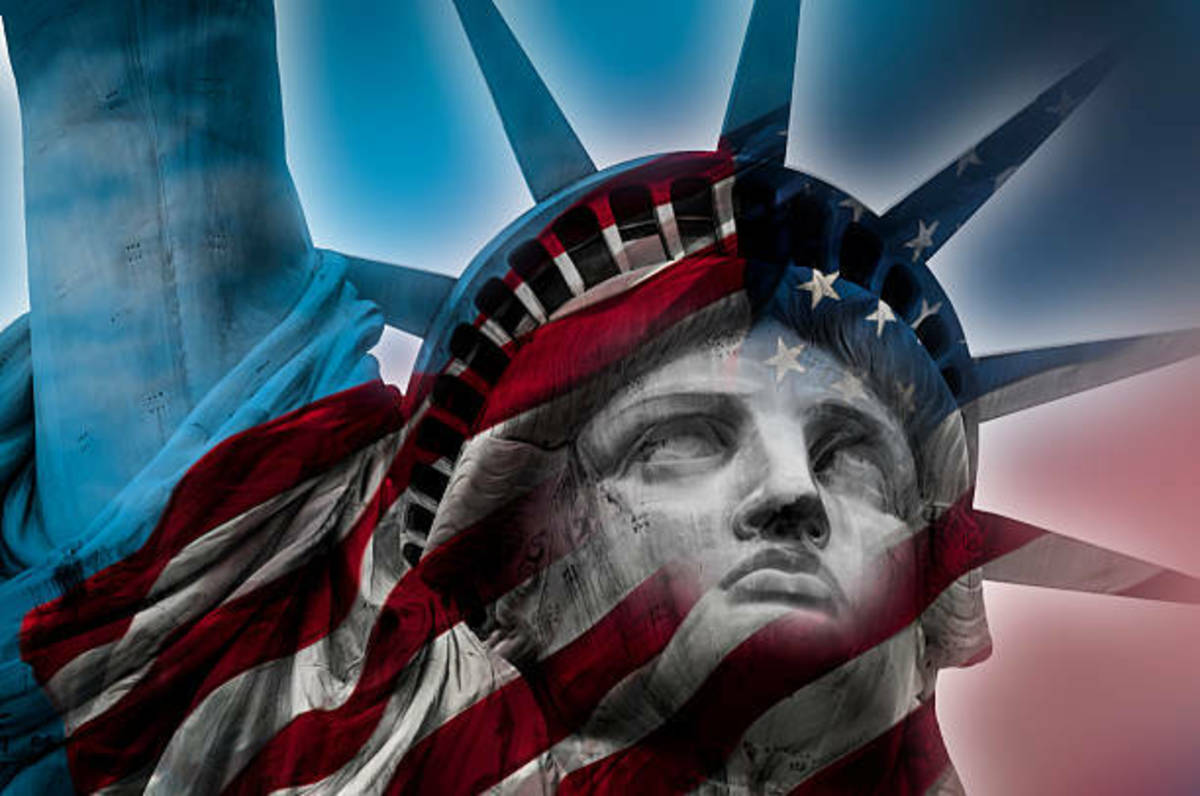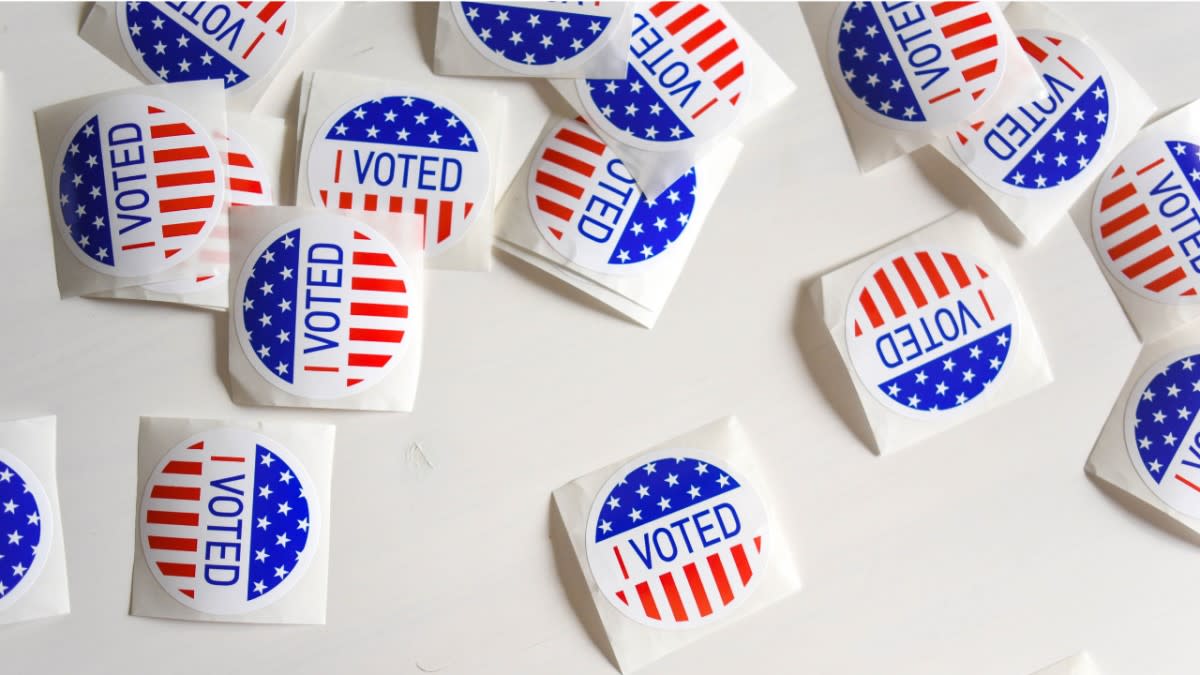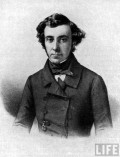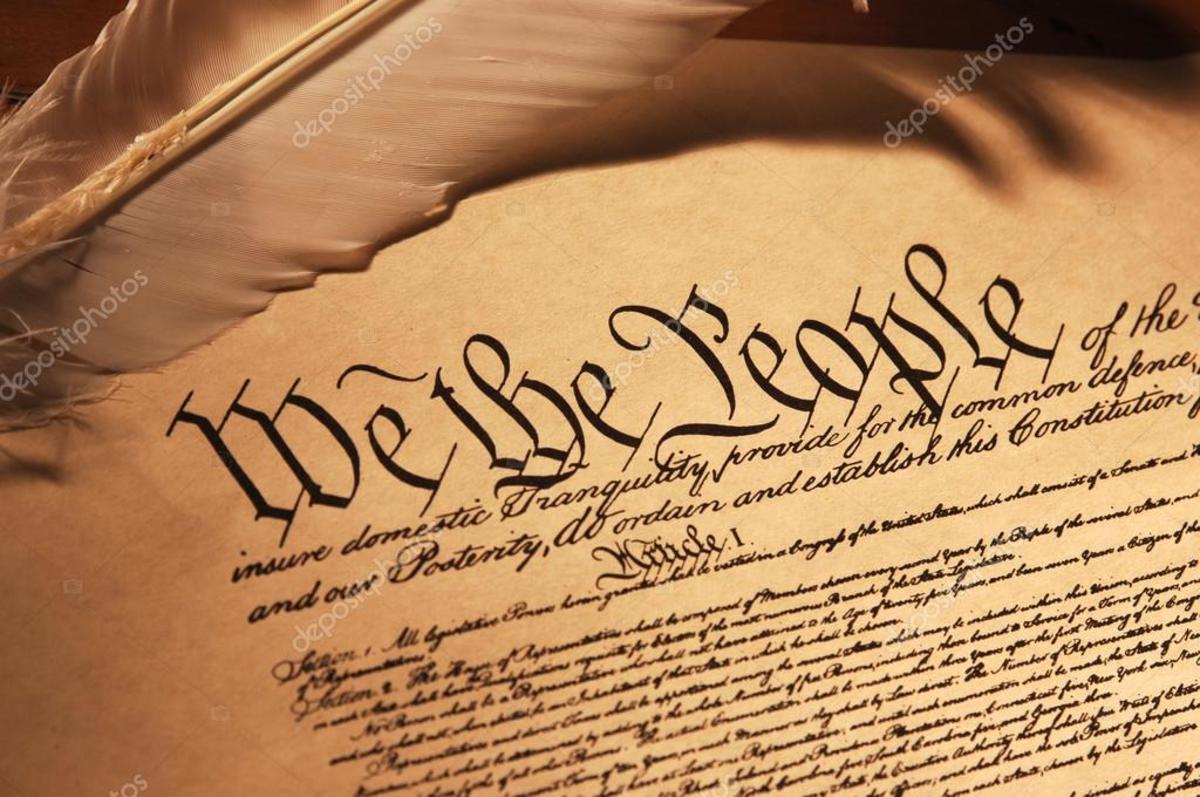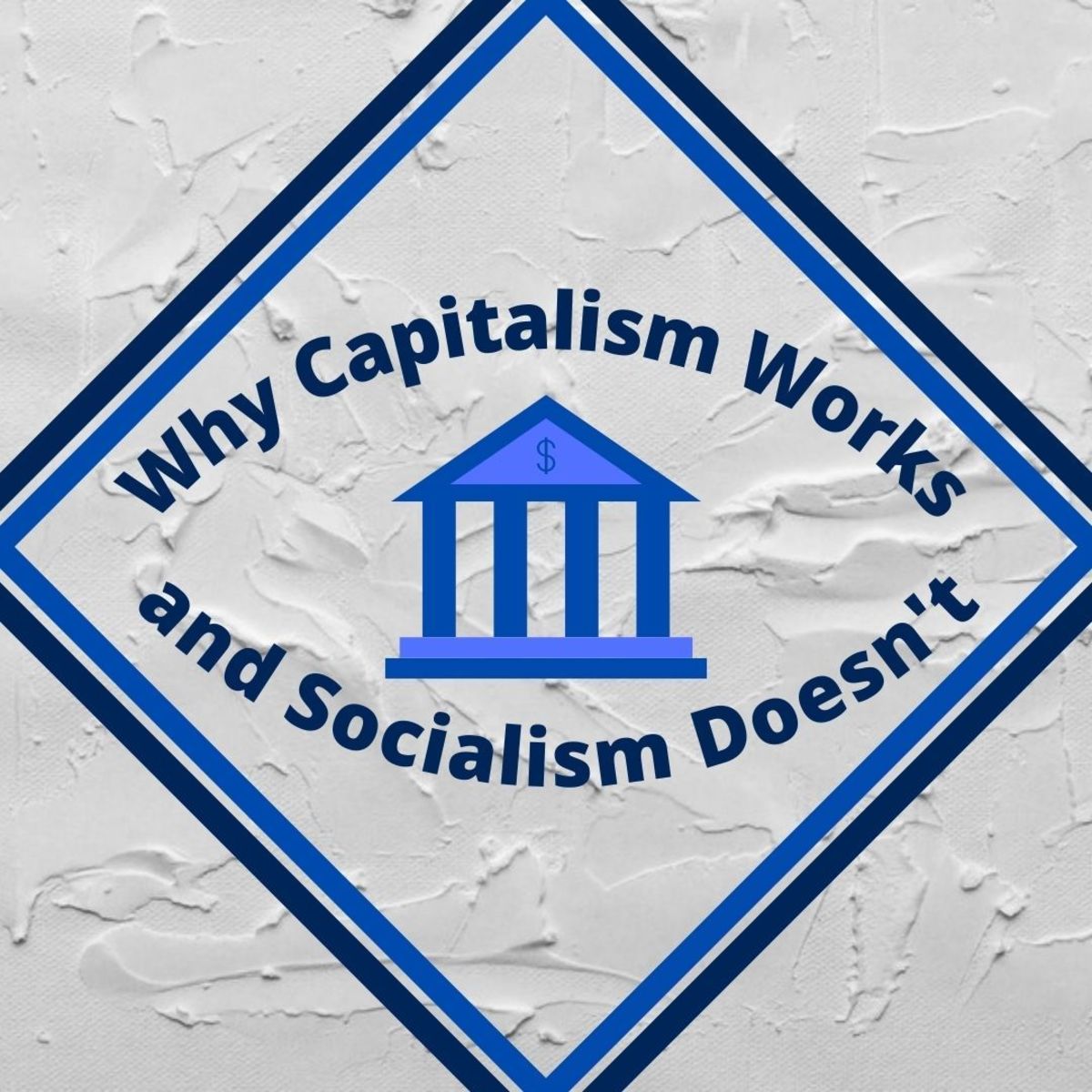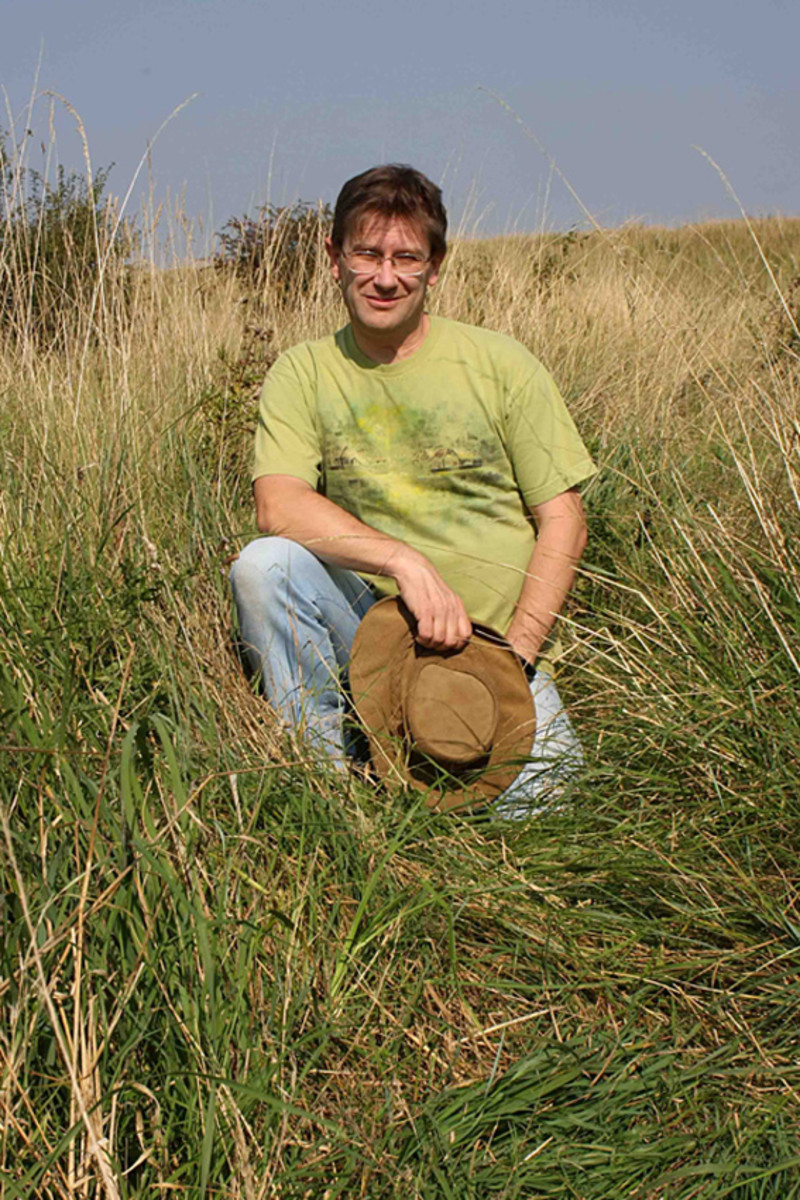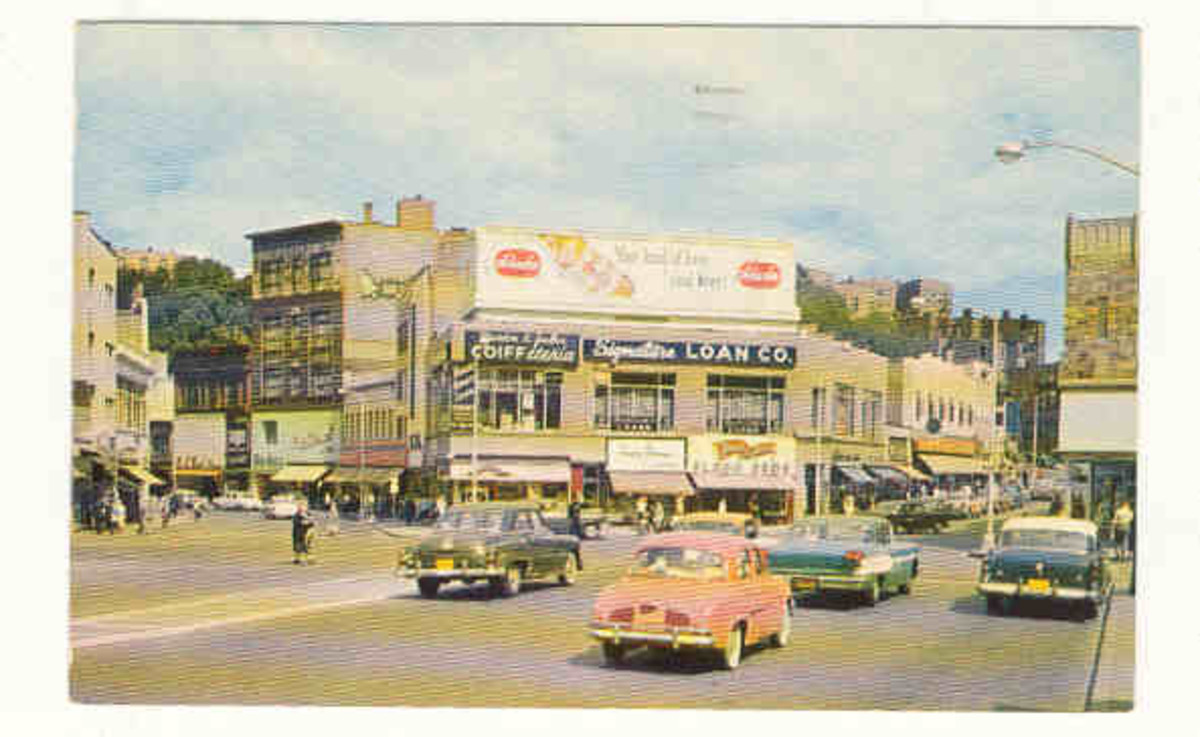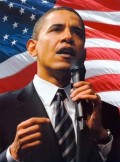The Meaning of Democracy
Democracy is the means by which modern states are said to be governed and through which citizens can express themselves freely without intimidation or fear of consequences to their lives, their families, friends and their jobs.
Democracy means being able to conduct oneself in accordance to the law of the land and to maximise on available resources on an equal level playing field. This means that opportunities are open and accessible to anyone within the state regardless of background, meaning identity.
In theory, it reads like a utopian world where everything works out for the good of those willing to exploit resources available to them but in practice it is a work in progress.
Democracy begs the question of whether the rule of majority validates the oppression of the minority. Democratically elected officials, who have been elected through the ballot in a transparent fair process have the responsibility of ensuring that every citizen within the state has the right to access resources and their civil liberties are protected by all the state institutions including the security forces. That kind of political stability would ensure economic progress and societal development built on moral standards of human rights.
It seems then that the theory of democracy is in contrast to its practicability. More states are using the very concept of democracy to limit individual freedoms and to silence opponents. The very institutions meant to safeguard tax paying citizens are used to stifle dissent within the state.
Elected officials can change the constitution of a country to extend term limits, avoid oversight, protect business interests, frustrate civil society groups by deregistration and bully the media into reporting news cycles favourable to the ruling elites’ interests. This can all be done democratically because the ruling party has the majority representatives in legislature and can therefore conduct business with impunity.
The most visible aspect of any democracy is the electoral process. A state which can conduct a free and fair elections without voter intimidation, voter bribery, transparent tallying and transmission of results is said to be democratic. The opposite is true for any state that conducts an election to maintain a status quo or that is done to portray an image of legitimacy while the electoral process is riddled with fraud.
A state that does not have strong institutions to check on the excesses of the executive during and after an election process, are those that only exist in theory but not in practise. That state is still totalitarian and displays elements of dictatorship which as history be our guide does not even sustain the interests of the majority but repays the few who are close to power and thus can access resources at the detriment of those groups that oppose the status quo.
The problem then is that democracy is in consideration a good system of governance but one which can be hijacked to reflect a false image of freedom. The minorities, in terms of power relations, are the ones who are left out of policy making, decision making and economic endeavours of the state and this again becomes the basis for discrimination that left unchecked leads to genocide.
Minorities in such ‘democracies’ are often held to a much higher standard than their counterparts in order to achieve the same levels of success. They are to have superior skills and work twice as hard to be in a similar position and at times their recognition for their effort is challenged as affirmative action gone too far. The fight for equality becomes labelled as oppression on the majority.
Such struggle for opportunities makes some members of the minority community resentful towards their own predicament and they can mobilise to form their own militias which can lead to a bitter and unnecessary civil war. Most of these civil wars come from disenfranchisement.
Democracy can then be salvaged by the civil society groups who risk their own lives to protect the oppressed and the opposition groups who genuinely believe in changing the status quo to fight poverty and bring about economic freedom.
Do you believe democracy can be used as veil for oppression?
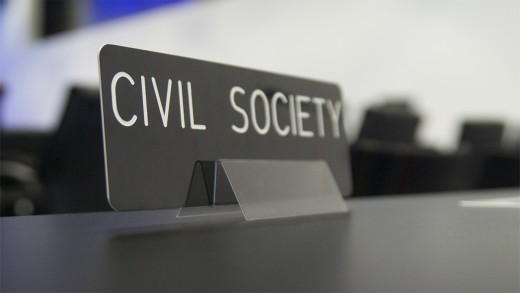
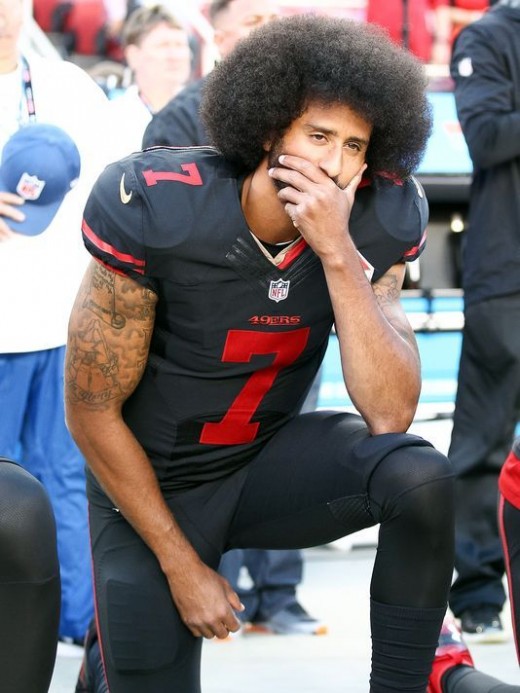
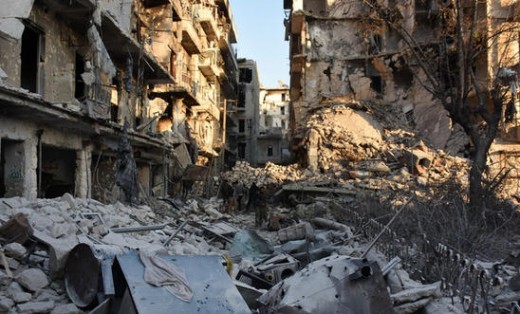
Institutions can only be strengthened when those in power accept the independence of those said institutions. More often than not, they are used to keep people in check if they oppose the ruling regime.
Democracy therefore is not a matter of having institutions but a matter of whether these institutions work independently of political players and whether they represent the interests of everyone within the state regardless of power relations.
© 2017 Bildad Hawi

